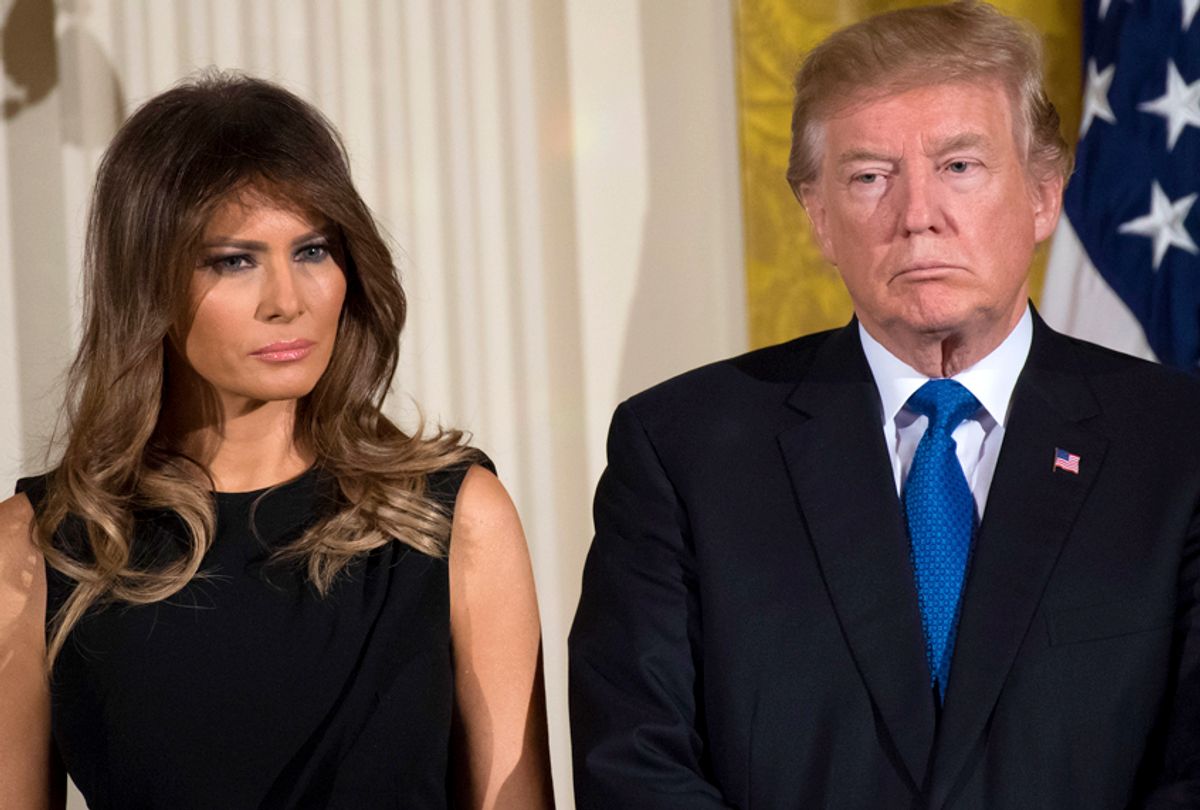As a kid I was always a head shorter than other boys, which meant I was bullied – mocked, threatened, sometimes assaulted.
Childhood bullying has been going on forever. But in recent years America has become a culture of bullying – the wealthier over the poorer, CEOs over workers, those with privilege and pedigree over those without, the whiter over the browner and blacker, men over women.
Sometimes the bullying involves physical violence. More often it entails intimidation, displays of dominance, demands for submission, or arbitrary decisions over the lives of those who feel they have no choice but to accept them.
The Kavanaugh-Ford hearings before the Senate Judiciary Committee on September 27 was a window into our bullying culture.
On one side: powerful men who harass or abuse women and get away with it, privileged white men intent on entrenching their power on the Supreme Court, men vested with the power to take away a woman’s right to choose what she does with her body.
On the other: women with the courage to tell what has happened to them, to demand an end to white male privilege, and to preserve and enlarge their constitutional rights.
Dr. Ford was poised, articulate, clear and convincing. More than that: She radiated self-assured power.
Brett Kavanaugh, by contrast, showed himself to be a vicious partisan — a Trump-like figure who feels entitled to do and say whatever he wants, who suspects left-wing plots against him, who refuses to take responsibility for his actions, and who uses emotional bullying and intimidation to get his way.
Whatever happens to Kavanaugh, a large portion of the American public will never trust him to be impartial. Many will never believe his denials of sexual harassment. Most will continue to see him as the privileged, arrogant, self-righteous person he revealed himself to be.
Which brings us to the coming midterm election.
It’s not really a contest between Democrats or Republicans, left or right. It’s a contest between the bullies and the bullied. It’s about the power of those who are rich, white, privileged, or male – or all of the above – to threaten and intimidate those who aren’t.
And it’s about the courage of the bullied to fight back.
Donald Trump is America’s bully-in-chief. He exemplifies those who use their wealth to gain power and celebrity, harass or abuse women and get away with it, lie and violate the law with impunity, and rage against anyone who calls them on their bullying.
Trump became president by exploiting the anger of millions of white working class Americans who for decades have been economically bullied by corporate executives, CEOs, and Wall Street.
Even as profits have ballooned and executive pay has gone into the stratosphere, workers have been hammered. Their pay has gone nowhere, their benefits have shrunk, their jobs are less secure.
Trump used this anger to build his political base, channeling the frustrations and anxieties into racism and nativism. He encouraged Americans who have been bullied to feel more powerful by bullying people with even less power: poor blacks, Latinos, immigrants, Muslims, families seeking asylum.
This bullying game has been played repeatedly in history, by self-described strongmen who pretend to be tribunes of the oppressed by scapegoating the truly powerless.
Trump is no tribune of the people. He and his enablers in the Republican Party are working for the moneyed interests – the Koch Brothers, Sheldon Adelson, other corporate and Wall Street chieftains – by cutting their taxes, eliminating regulations, slashing public services, and allowing them to profit off public lands, coastal waters, and privatized services.
The moneyed interests are America’s hidden bullies. They have enlarged their net worth by repressing wages (or pushing the companies they invest in to do so), and enlarged their political power through gerrymandering and suppressing votes (or pushing their political lackeys to do so).
Their capacity to bully has grown as the nation’s wealth has become concentrated in fewer hands, as the economy has become more monopolized, and as American politics has become more engulfed by big money.
It is time to fight back against the bullies. It is time to join together to reclaim economic and political power.
It begins with the midterm elections, November 6.



Shares